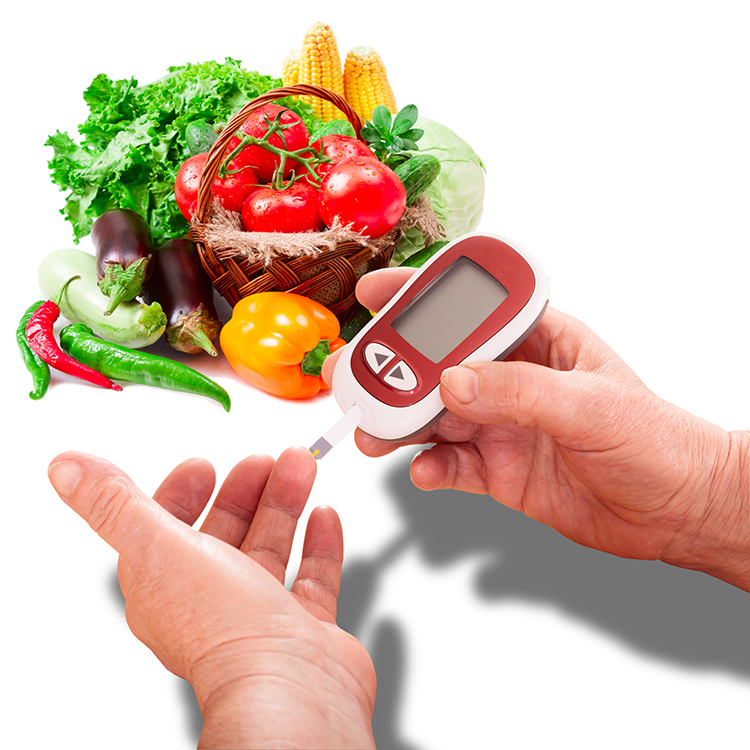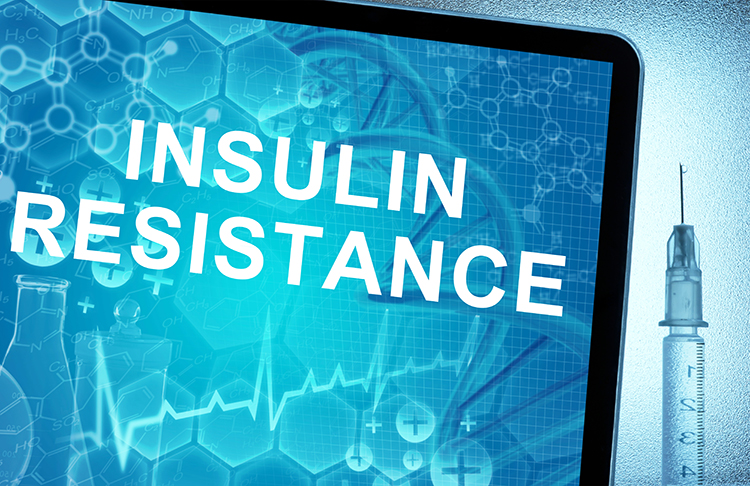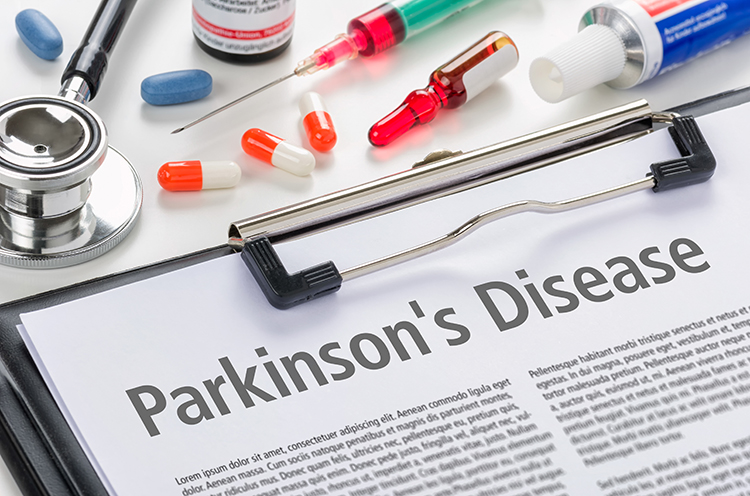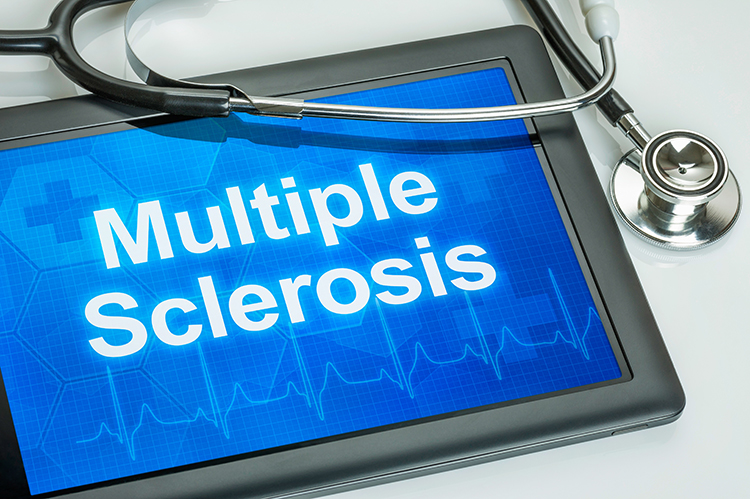
I could write about the benefits of a keto diet until the cows come home – there are just too many to mention in detail.
Weight loss is an obvious one, but did you know that following a low-carb high-fat diet also boosts your energy levels and even alleviates symptoms of some of the most common weight-related diseases such as diabetes and heart disease?
Read on to find out about these awesome benefits that are part and parcel of a keto diet.
And if you want to jump on-board the Keto train check out our 30-day meal plan here.
1. Fat Loss

With a third of the US population being overweight (scary I know) it’s no wonder that many people have turned to a keto diet in a bid to shed the pounds (Wang, et al., 2008).
Essentially, a keto diet uses your body’s fat as a source of energy, which is why weight loss is an obvious benefit of this way of eating.
Cutting those carbs right down results in a massive drop in insulin, which is also the hormone responsible for storing fat (Russell-Jones and Khan, 2007).
And then, just like that, something amazing happens – your body turns into a machine; not any old machine, a new and improved fat-burning machine.
2. Blood Sugar Control

There’s more good news for people that suffer from high blood sugar levels.
When you follow a keto diet, you’re able to naturally lower your blood sugar levels to a healthy level thanks to the new types of foods you’re eating (and not eating).
All those processed foods that you probably know and love, such as the three Cs – cake, cookies and candy, and even those starchy natural plant foods like beans, potatoes, and rice, can cause quick rises in your blood sugar levels.
Your body is sensitive to such foods.
In fact, our bodies aren’t made to process such foods (think back to what our cavemen and women ancestors once ate), therefore, when you consume such foods, your blood sugar levels can reach dangerously high levels (Hussain et al., 2012).
Eat too many of these high-carb foods on a daily basis, and you’ll soon find out you’re not doing your body any favors health-wise.
Such a diet can wreak havoc on your body and it has to be said that you significantly increase your chances of developing Type 2 diabetes, which is essentially brought on by your high blood sugar levels from your poor diet and lifestyle choices.
Forget Metformin and all those other drugs that are often prescribed to you like candy; a low-carb diet has been found to be a safe and effective way of both managing and preventing diabetes, even more so than a regular low-calorie diet, which is often lauded as one of the more effective diets when it comes to blood sugar level control (Yancy et al., 2005).
The number of Type 2 diabetes cases around the world rises greatly on an hourly basis with more than 422 million people suffering from this disease worldwide (World Health Organization, 2018).
If you’ve reached more dangerous levels of high blood sugar and you’ve either been branded as a pre-diabetic or suffer from Type 2 diabetes already, following a ketogenic diet could help you to effectively control your blood sugar levels.
3. Insulin Resistance

It may not sound as serious or as scary as the word “diabetes”, but this health problem can potentially lead to Type 2 diabetes if left unmanaged and untreated.
A strict low-carb diet helps people get their insulin levels back into a healthy zone, which will, in turn, assist in helping prevent any more severe diseases (Boden et al., 2005).
4. Mental Focus

There’s nothing worse than not being able to concentrate when you really need to.
Let’s face it, adulting in the 21st century is hard and there’s mounting pressure on all of us to complete numerous tasks in a day related to our everyday work and home lives.
I used to be a caffeine addict (admittedly I still love a good coffee, but today it’s a keto-friendly one instead of my once preferred caffeine kick-up-the-arse drink the cappuccino!)
But I was doing it all wrong. I was consuming a high-carb diet just as many of my American counterparts do and trying to fuel my body with caffeine to keep it going.
Energy drinks, such as Red Bull (which by the way I wouldn’t touch with a bargepole now that I’m more educated about the dangers of sugar), were also my drugs when it came to trying to regain focus and mental clarity.
The irony of it all was that such highly caffeinated drinks would pick me up and leave me buzzing, but that euphoria would quickly wear off, leaving me even less focused than I was in the first place.
Even though my main goal of the keto diet was to help bring my blood sugar levels into check and get rid of my pre-diabetic status, I also discovered something just as amazing –
I suddenly, just like that, after just a few weeks of following a strict ketogenic program, was experiencing a significant increase in mental performance.
Here’s the deal – ketones are an excellent source of fuel for your brain. When you make the decision to go keto (yes, I’ve made it into a verb) and lower your carb intake, you essentially avoid those massive spikes in your blood sugar.
The combination of restricted carbs and healthy blood sugar levels result in better focus and concentration (Stafstrom and Rho, 2012).
So, whether you’re a student that’s falling behind because of your inability to remain focused in a lecture or a high-level business person trying to concentrate on the numerous tasks you’re trying to juggle or a parent who’s simply trying to remain awake and alert while minding your children play after a restless night’s sleep, a ketogenic diet can help.
As well as helping your brain function better in terms of an improved level of concentration, a keto diet also kicks ass when it comes to keeping the brain healthy and protecting it from neurological diseases, which I’ve briefly outlined below.
5. Epilepsy

Believe it or not, the ketogenic diet wasn’t discovered or established as a diet to initially help with weight loss.
The first evidence, in 1924, of medical practitioners from the prestigious Mayo clinic using a ketogenic diet, was to help treat epileptics.
The diet was found to be highly effective, but unfortunately, after the 40’s when hardcore anti-seizure drugs were introduced, the popularity of the diet waned (Pheifer and Thiele, 2005).
Today, more and more people are shunning conventional drugs, which also come with a host of other nasty side effects, in favor of natural treatments, which is why following the ketogenic diet to help alleviate the side effects of epilepsy has again grown in popularity.
6. Alzheimer’s

There’s growing evidence that more and more people are having their lives turned upside down by Alzheimer’s.
Perhaps an even scarier fact is that it’s affecting people from earlier ages than before.
Alzheimer’s is heartbreaking not only for the person that’s suffering from the disease but also for their families and loved ones as well.
Thankfully, it’s also been found that following a ketogenic diet is a safe and healthy way of approaching this devastating disease.
Some more recent research even suggests that a healthy keto diet can even reverse its effects (Gasior, M. 2006).
7. Parkinson’s Disease

Although research continues, the links between a ketogenic diet and Parkinson’s appear promising.
Going keto is believed to improve a good number of the crippling symptoms that come with the disease.
8. Autism

Like with Parkinson’s, there still isn’t a viable amount of research carried out as to how a keto diet can help people with autism, however, studies so far show that a very low-carb diet eases a number of common autism-related symptoms.
9. Gliomas

This is the most common kind of brain cancers and affects around 10,000 people every year, half of who die within the first 15 months of their initial diagnosis.
It’s been found that severely restricting carbs can delay cancer growth when used in conjunction with conventional cancer treatments like chemo (Woolf and Scheck, 2014).
10. Strokes

Millions of people, young and old, are affected by strokes every year.
Both the keto diet and ketone boosting supplements, such as MCT oil and exogenous ketones, have been found to be an effective treatment to aid the recovery process.
11. Multiple Sclerosis (MS)

A keto diet has the potential to treat some parts of progressive MS.
By following a ketogenic diet, MS patients can boost their energy efficiency, promote mitochondrial function, and also protect neurons.
Together, the above-mentioned benefits can either prevent or slow down the progression of neurodegeneration (Kim et al., 2012).
12. Normalized Hunger and Increased Energy

Some diets that severely restrict items of food cause lethargy and hunger, which will often result in the person having a binge on carbs or sugar to get that kick they need.
Fats are a far more reliable energy source than carbs, and as a result, you’ll feel much more energized.
I remember my few first weeks of being in ketosis – I was like an energizer bunny bouncing off the walls, which annoyed the hell out of my wife and everyone I worked with, but I felt great!
Also, most diets make you hungry – fact!
And there’s nothing worse when your stomach makes the most unbecoming rumbling and gurgling noises in a silent room, screaming at you to give it more than just a few lettuce leaves.
But this isn’t something you’ll experience when following a keto diet, as the combination of high fats and moderate proteins will make you feel fuller for longer, meaning you’ll be less likely to have a sneaky cookie or two on your breaks.
13. Cholesterol And Blood Pressure

When you follow a well-maintained keto diet, you’ll find that your cholesterol and triglyceride levels will revert back to healthier levels.
To be even more specific, a low-carb high-fat diet, such as a keto one, improves your good cholesterol (HDL) levels (yes, there’s such a thing) and significantly reduces the bad cholesterol (LDL).
14. Acne

Acne as a pre-pubescent teenager is one thing, but as an adult, it can bring about more mental problems, as serious adult acne can cause anxiety, stress and a serious lack of self-confidence.
Who would’ve thought that a simple switch to a low-carb high-fat diet could solve all your skin woes?
But then again, sugar has always been associated with zits so maybe we shouldn’t be so shocked.
However, it must be noted that if you really want to bolster your results, it’s advisable to cut your Dairy intake, as this too can wreak havoc on certain skin types.
Want to try the Keto Diet?
If you're ready to try out the Keto Lifestyle check out our 30-Day Keto Diet Meal Plan for Beginners.
It has everything you need to know to get started with Keto, including recipes for breakfast, lunch, dinner as well as a bunch of delicious snacks, best of all it's FREE!. Check it out here


















